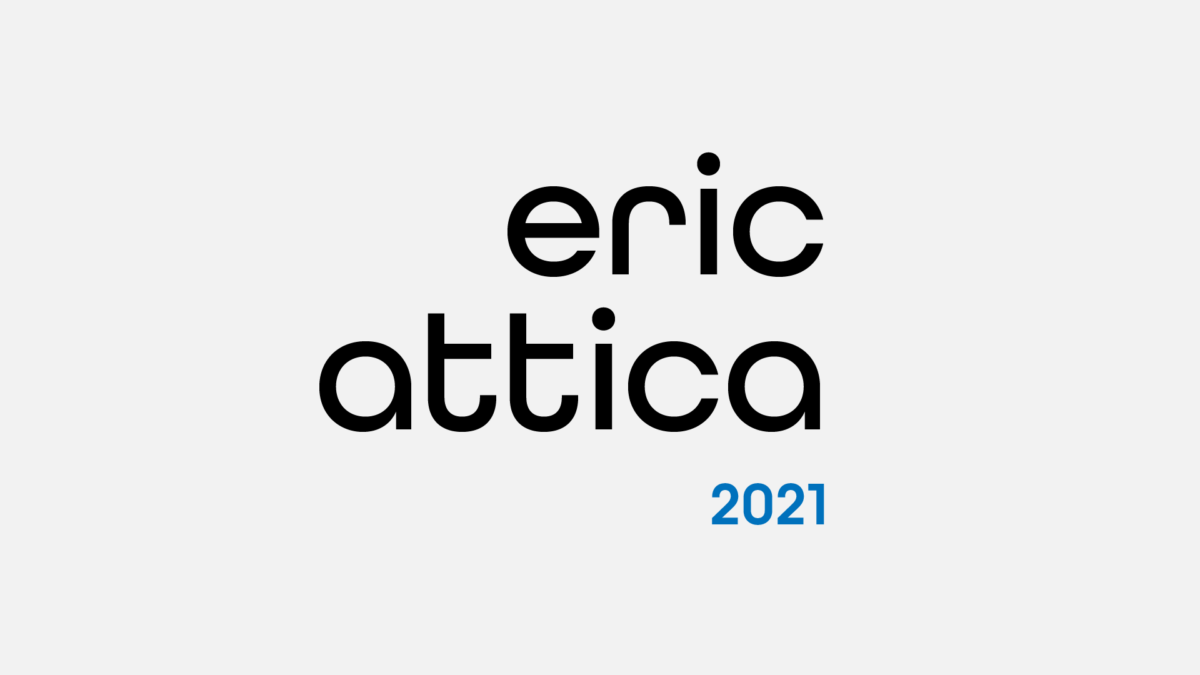I promised heterogeneity when I made this blog, so here’s a historical update, some quotes, and a casual movie review (vague spoilers for a two-year-old film ahead).
One of my favorite touches in the Harry Potter books is when Harry and Ron are complaining about their homework. Never mind that Harry has gotten whisked away from an abusive home and given a new chance at life, never mind that he’s discovered new powers and new friends, the fact remains that doing homework, even wizard homework, is still a chore. It’s beautifully human.
I think that’s the best metaphor for college. It’s a dream to be dedicating so much time to learning about this world’s history and material composition. I’m so privileged to have the opportunity to be here creating more opportunities for my future. I love the freedom of being on campus and exploring this corner of the universe. And yet, it is stressful (in its own lucky way) to stay on top of the constant flow of homework amid lecture, work, commuting, and all life’s other responsibilities. My day has quickly gone from an externally enforced strict routine to complete schedular anarchy to an internally enforced semi-strict routine. In return, here are several nuggets of scholarship that I’ve obtained:
"The point of life is not to have it but to do things with it." —Melissa Inouye, Crossings (2019) “‘Unhappy man,’ said Candide, ‘I too have had some experience of this love, the sovereign of hearts, the soul of our souls; and it never got me anything but a single kiss and twenty kicks in the rear.’” —Voltaire, Candide (1759) “As a rule, the philosopher is never more of an ass than when he most confidently wishes to play God, when with remarkable assurance, he pronounces on the perfection of the world, wholly convinced that everything moves just so, in a nice, straight line, that every succeeding generation reaches perfection in a completely linear progression, according to his ideals of virtue and happiness. It so happens that he is always the ratio ultima, the last, the highest, link in the chain of being, the very culmination of it all. ‘Just see to what enlightenment, virtue and happiness the world has swung! And here, behold, am I at the top of the pendulum, the gilded tongue of the world’s scales!’” —Johann Gottfried von Herder, On Historicism (1774) "Eating hamburger with a fork? Might as well just be sprinkling for baptism!" —my biology teacher during lecture, 2021 (my Danish friends would be guilty on both counts)
Last Friday, I watched the film Yesterday (2019). In the long tradition of me being a general liker of things, I liked it. It’s about a guy who’s an aspiring musician but isn’t particularly good at writing songs; only a former schoolmate (the love interest) sees value in the music he makes. A plot event causes everyone else in the world to forget who the Beatles were. The main character capitalizes on this, which catapults him to fame and prominence yet damages the one relationship that matters most of all.
It was immensely satisfying to watch Ed Sheeran play a relatively major role in a thinly-veiled critique of the music industry. I was also intrigued by how similar the balance that our John Lennon stand-in walks was to that of the titular character in Dear Evan Hansen: in both works, the main character sustains a lie that has inadvertently blown up to unexpected proportions and enjoys a better life because of it, yet is haunted by that unavoidable specter called truth.
The essential difference is the role of the main character’s romantic relationship: in Dear Evan Hansen, the relationship is merely an appendage of the world created by the lie; in the lighter Yesterday, it’s the thread that tugs him back to the real one. Both characters are trying to do the right thing in an out-of-control situation, but while Evan’s lie self-destructs when it reaches its agonizing breaking point, the more idealized Yesterday gives Jack the motive to face the problems he created on his own terms, enabling the film to comfortably win a rom-com ending even as it flirts with the conflict between reality and desire. The moral is simple, yet delivered beautifully at a crucial point in the story: “You want a good life? It’s not complicated. Tell the girl you love that you love her. And tell the truth to everyone whenever you can.”
That’s clearer wisdom than you’ll find in any university library. ∎

